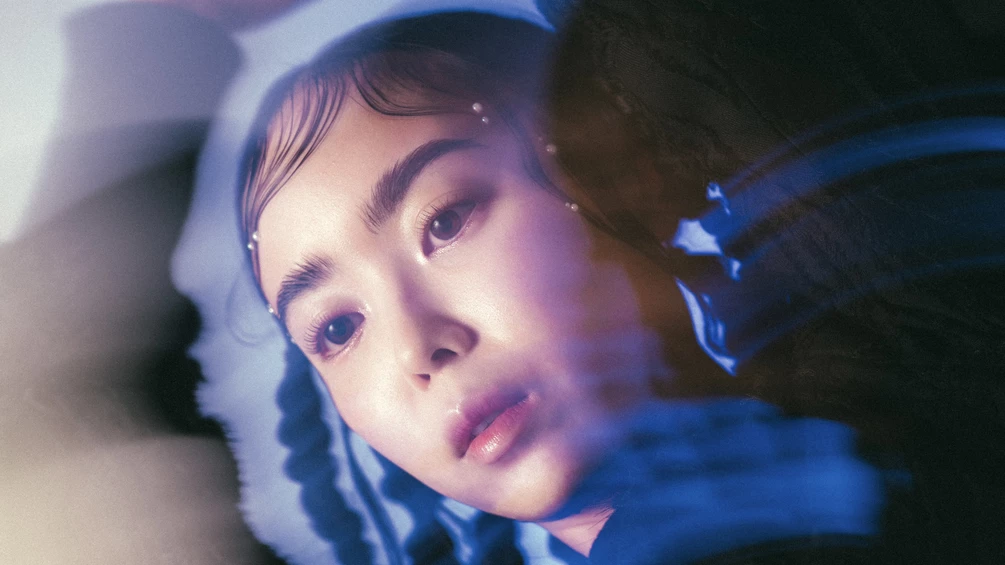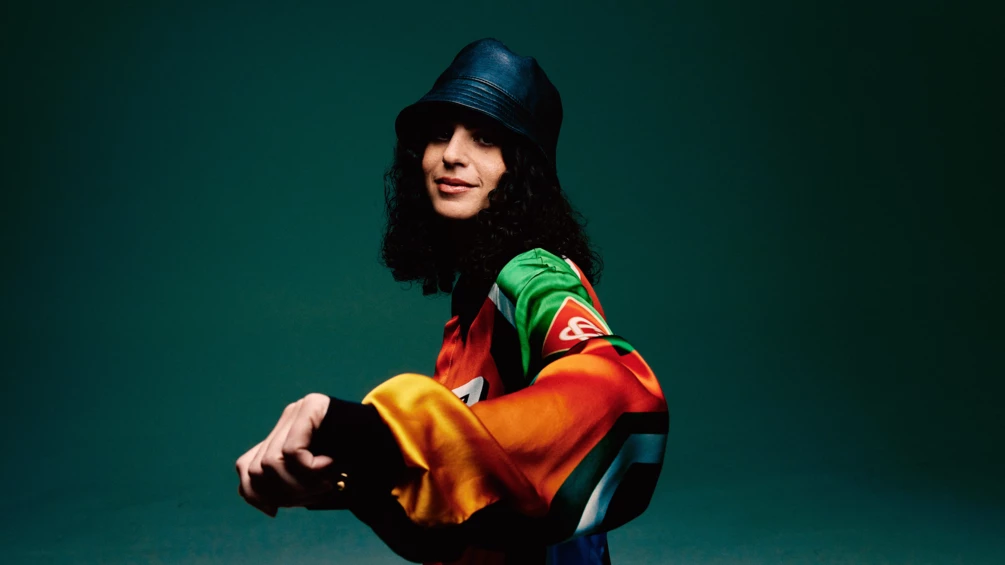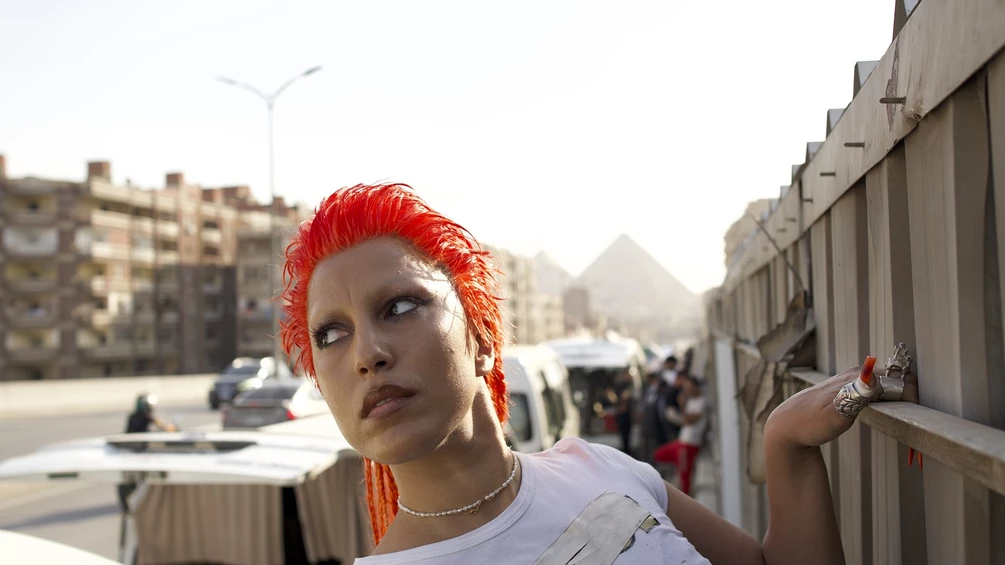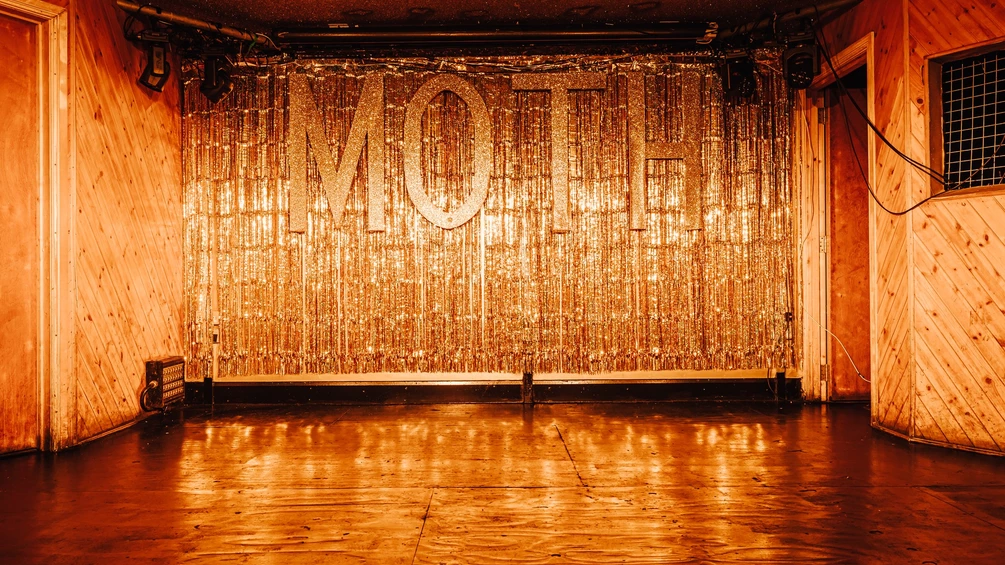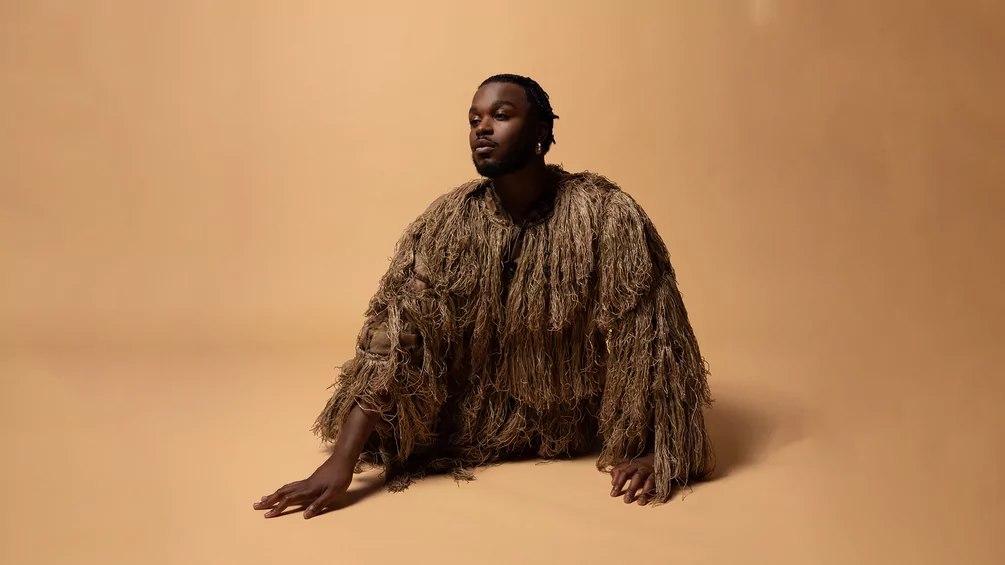
Cakes Da Killa: in full flow
Still, at the time, his queerness made Bradshaw’s path different than it might have been otherwise. “Obviously there were queer rappers before me, but they weren’t so visible in the media in the way that me and my peers were — so for me, there wasn’t a real pathway to make it a career,” he explains. “I think the moment I knew it could be a career was when I got a big check, and the check said ‘Cakes Da Killa’ on it. I couldn’t cash it, because Cakes Da Killa doesn’t have a bank account, but that was when I was like, ‘Oh, this could be a thing. Okay, cool.’”
Bradshaw hasn’t stopped making music since those days, and except for pandemic time, he’s been constantly on the move with a packed live schedule — since the release of ‘Svengali’, he’s played the likes of Glastonbury, Sónar, and WHOLE, among many other major-league festivals. As you would expect of any ambitious artist, his sound hasn’t remained static either. Both his words and delivery still retain an energetic edge, yet feel more relaxed and assured, as if he’s fully secure with his place in his chosen world.
“I mean, yeah, I’m known for popping shit on records,” Bradshaw admits. “I don’t really do that intentionally — that’s just my braggadocio attitude. But I wanted the album to be like a film that I’ve watched called Paprika,” he adds, referencing a 2006 anime that largely takes place in the world of dreams. “I wanted to take the listener into my mind and address some things that I don’t like and that I do like. I’m happy that people do hear that growth because, as a songwriter, I definitely want to get better with each release. But it’s not any pressure I put on myself — I just try to be as honest as I can with my music.”

